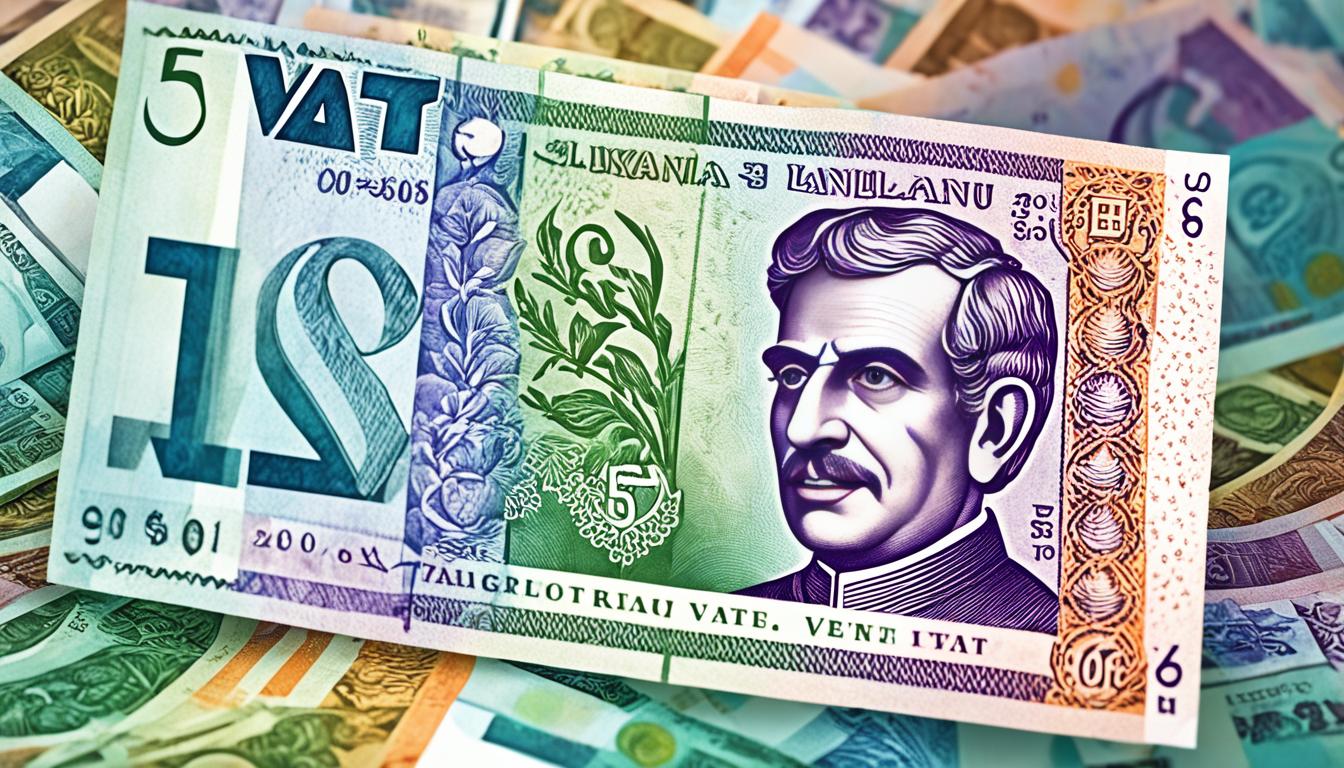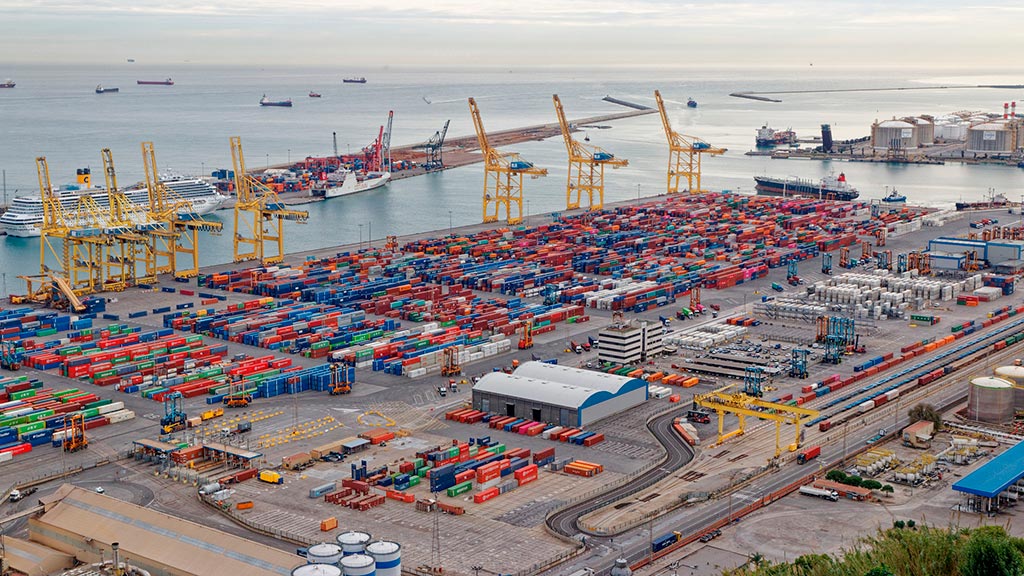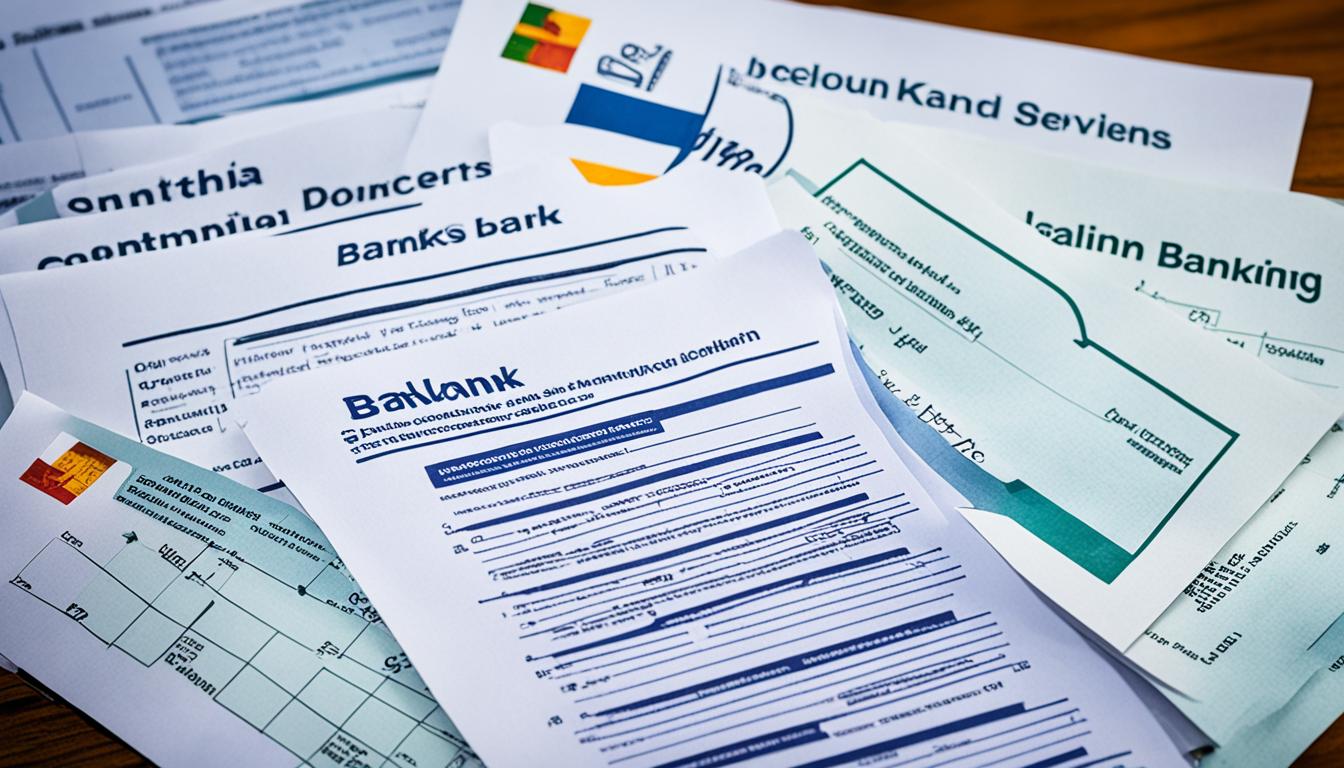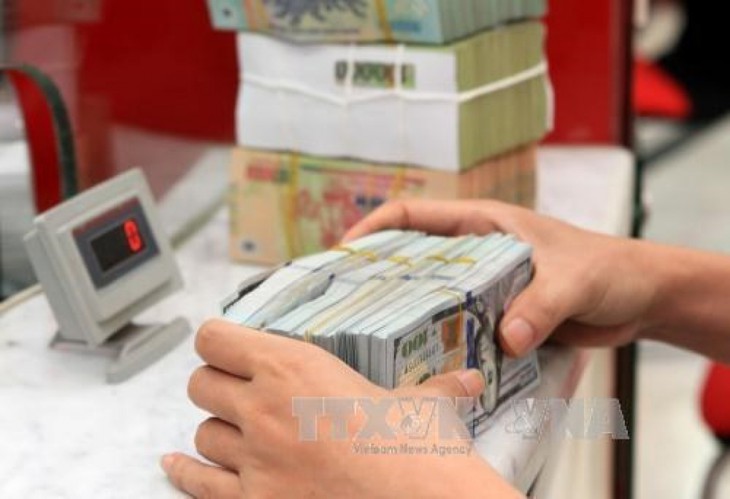Amid its most challenging economic downturn post-independence, Sri Lanka is actively examining fiscal reforms, including a critical Sri Lanka tax policy alteration. The government’s contemplation of a VAT rate cut, anticipated to roll out in the second quarter of 2024, signifies a strategic maneuver within the 2024 tax amendments to reinvigorate economic growth. This tax recalibration is part of an overarching blueprint aimed not just at fiscal recovery but also at stabilizing and advancing the market economy.
Key Takeaways
- Sri Lanka’s government considers adjusting VAT rates in 2Q24 to stimulate economic growth.
- The VAT rate cut is a pivotal aspect of Sri Lanka’s broader fiscal reforms.
- 2024 tax amendments may spur revitalization of the national economy.
- Revised VAT rates are expected to contribute to macroeconomic stability.
- Government seeks a balance between revenue and market invigoration with new tax policy.
Govt. mulls possible downward revision of VAT rate in 2Q24
As Sri Lanka continues to navigate its path to economic revitalization, the government’s tax strategy includes a significant Sri Lanka VAT adjustment. This strategic move is evident in the VAT reduction proposal aimed at stimulating the fiscal dynamics of the nation. Reinforcing this intent, the authorities envision a VAT reduction as a catalyst that could lighten the economic load for both the corporate sector and the populace.
The possibility of a downward adjustment coming into play as early as the second quarter of 2024 is not just an isolated fiscal maneuver. Instead, it forms a cornerstone in a comprehensive suite of measures designed for economic revitalization. These contemplated alterations in the VAT space are indicative of the administration’s foresight in rekindling business activities and consumer spending, which are essential for the economy’s rebound.
- Tax Relief: The VAT reduction proposal promises to provide tax relief to consumers, enhancing their purchasing power and encouraging spending.
- Business Boost: By alleviating the VAT burden, businesses are expected to experience lower operational costs, potentially leading to an expansion of economic activities.
- Fiscal Balance: Despite the expected decrease in VAT rates, the tax strategy also involves maintaining the delicate balance between sufficient fiscal intake and incentivizing economic growth.
In anticipation of these policies taking shape, stakeholders across various economic sectors are evaluating the potential impacts. Both local enterprises and international investors are keenly observing the unfolding of these tax reforms, poised to recalibrate their strategies in alignment with the government’s decisive actions on the Sri Lanka VAT adjustment.
Impact of VAT Rate Changes on Sri Lanka’s Economy
In response to the mounting need for an effective economic recovery plan, Sri Lanka is assessing the Value Added Tax significance in its quest for fiscal stability. With President Ranil Wickremesinghe at the helm of the country’s Sri Lanka crisis response, a deliberate financial overhaul is underway, with VAT reforms sitting center stage as part of these transformative efforts.
An Overview of Sri Lanka’s Economic Recovery Efforts
The tumultuous financial landscape in Sri Lanka has ushered in a period of comprehensive macroeconomic indicators overhaul. Sri Lanka’s tax reform is a critical piece in the mosaic of recovery, arguably acting as a testament to the government’s resolve to lay down the groundwork for a robust economic resurgence.
The Role of VAT in Fiscal Policy and Macroeconomic Stability
VAT role in economy can’t be overstated – as Sri Lanka eyes an adjustment to its VAT rates, it touches on the dual goal of enhancing government revenue while not stifling the growth of businesses and by extension, the entire economy. This delicate balance is reflective of the nation’s pursuit of macroeconomic stability.
Expected Outcomes on GDP and Inflation Indicators
The potential alteration in VAT rates is projected to cast a significant ripple effect on Sri Lanka GDP trends, with forecasts suggesting potential for inflation rate improvement. Consequentially, the overall VAT impact could underline a forward trajectory in the nation’s economic indicators, fostering an environment where fiscal growth and consumer welfare coexist harmoniously.
Japan’s Crucial Support and Commitment to Sri Lanka
In the wake of economic turmoil, Japan has positioned itself as an indispensable ally to Sri Lanka, with Japanese Finance Minister Suzuki Shunichi reinforcing the bond between the two nations. The commitment to fortify Japan-Sri Lanka economic relations manifests not only in diplomatically warm exchanges but also through tangible, strategic supports such as potential yen loans. These yen loans, critical to Sri Lanka’s financial recovery plan, hinge on solidifying an accord via a memorandum of understanding at the distinguished Official Creditor Committee.
Japanese support comes during a crucial time as Sri Lanka grapples with elevated financial turmoil. Beyond the pivotal financial assistance, Japan’s involvement in Sri Lanka extends further, embodying cooperation in the realms of information technology and maritime security. This synergy between the two countries indicates an augmentation of a long-standing relationship, built upon mutual interests and shared goals for stability and prosperity. Japan’s far-reaching engagement elucidates a resolve to not only aid in Sri Lanka’s immediate fiscal resurgence but also to forge a partnership that stands the test of time.
The assistance from Japan conveys a message of solidarity and long-term commitment that is vital for the confidence of the Sri Lankan economy. The anticipation of yen loans’ resumption is a testament to Japanese support that has buoyed the nation in times of need. As both countries continue to engage and collaborate, the impact of Japan’s multifaceted approach to support is expected to significantly underpin Sri Lanka’s pathway out of crisis and towards sustainable growth. The echo of Japan’s pledge in advancing Sri Lanka’s prospects is a beacon of bilateral cooperation that resonates beyond immediate financial assistance, embracing a broader spectrum of economic and strategic enrichment.













